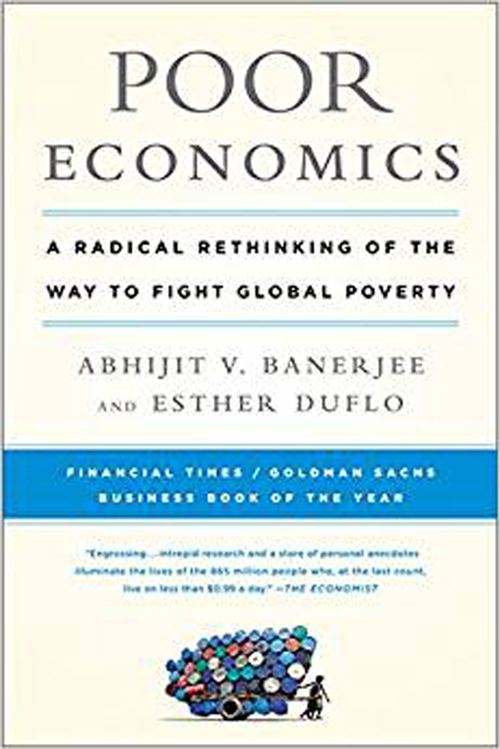Reforming Social Security: The Challenge of Income Inequality
By David W. Rasmussen Objective: This article examines the role Social Security plays in alleviating poverty among retirees in the context of threats to its solvency. Method: Examining long-term employment trends, declining access to defined benefit pensions and saving behavior can determine if in the more future Social Security beneficiaries are likely to be poor. Results: Labor market trends driven by technical change, global competition and increasing demand for services indicate that more future retirees will have lower life-time...






